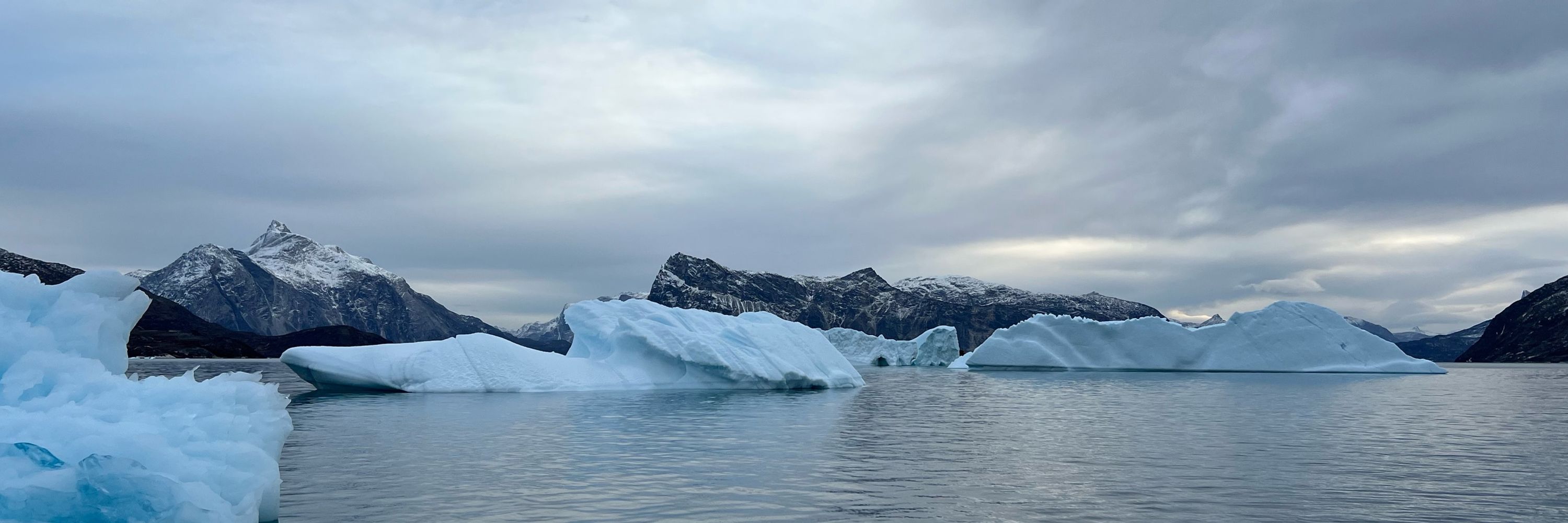
Alexandra Jahn
@seaiceclimate.bsky.social
Climate scientist with focus on the Arctic Ocean and Professor at CU Boulder. Opinions my own. New here
Can you add me to the climate scientist starter pack too please? Thanks.
December 5, 2024 at 6:16 PM
Can you add me to the climate scientist starter pack too please? Thanks.
Published open access as „The first ice-free day in the Arctic Ocean could occur before 2030“ www.nature.com/articles/s41...

The first ice-free day in the Arctic Ocean could occur before 2030 - Nature Communications
The first day with no sea ice in the Arctic will be a visible sign of climate change. This work reveals that this could occur before 2030 already and becomes more likely as the world warms. As the ice...
www.nature.com
December 3, 2024 at 4:02 PM
Published open access as „The first ice-free day in the Arctic Ocean could occur before 2030“ www.nature.com/articles/s41...
How could this look like? One example of a #CMIP6 model simulation shown below, with the first occurrence of an ice free (less than 1 million km2) day within 4 years

December 3, 2024 at 2:59 PM
How could this look like? One example of a #CMIP6 model simulation shown below, with the first occurrence of an ice free (less than 1 million km2) day within 4 years
This article in @naturecomms.bsky.social was written jointly with @clnhz.bsky.social from @naturvetenskap.bsky.social
December 3, 2024 at 1:49 PM
This article in @naturecomms.bsky.social was written jointly with @clnhz.bsky.social from @naturvetenskap.bsky.social
Only if global warming can be limited to below 1.5°C could ice-free days potentially be avoided. Under all emission scenarios with more than 1.5°C warming, the Arctic sea ice will reach ice-free conditions in the next decades. This is most likely to occur for the first time within 7-30 years.
December 3, 2024 at 1:48 PM
Only if global warming can be limited to below 1.5°C could ice-free days potentially be avoided. Under all emission scenarios with more than 1.5°C warming, the Arctic sea ice will reach ice-free conditions in the next decades. This is most likely to occur for the first time within 7-30 years.
This article was written with my co-authors Marika Holland (NCAR CGD) and Jennifer Kay (CU, ATOC & CIRES)
CU story: colorado.edu/today/2024/03/…
CU story: colorado.edu/today/2024/03/…
March 5, 2024 at 6:46 PM
This article was written with my co-authors Marika Holland (NCAR CGD) and Jennifer Kay (CU, ATOC & CIRES)
CU story: colorado.edu/today/2024/03/…
CU story: colorado.edu/today/2024/03/…


